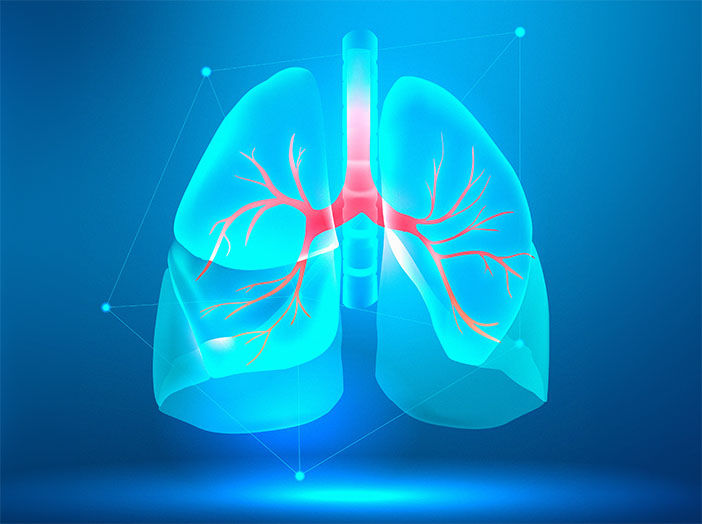A Critical Unmet Need
Bronchopulmonary dysplasia (BPD) is a serious chronic lung disease that primarily affects very preterm infants requiring prolonged respiratory support. It is defined by a continued need for supplemental oxygen and/or ventilation, with severity classified according to respiratory support requirements at 36 weeks postmenstrual age (PMA). The disease arises from a convergence of factors, including lung immaturity, reduced surfactant protein D (SP-D) expression, ventilation–associated injury, oxygen toxicity, inflammation, and secondary infections. Together, these insults impair alveolarization and vascular development, resulting in impaired gas exchange, chronic lung injury, and an increased risk of neurodevelopmental delay and other acute and long-term comorbidities.



